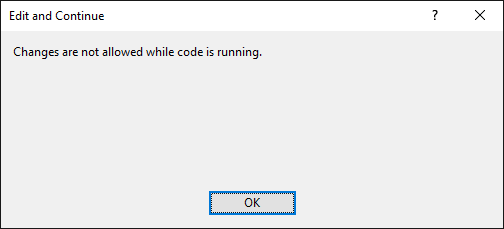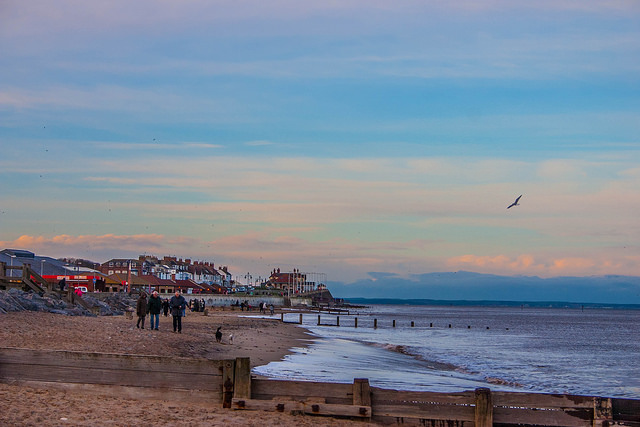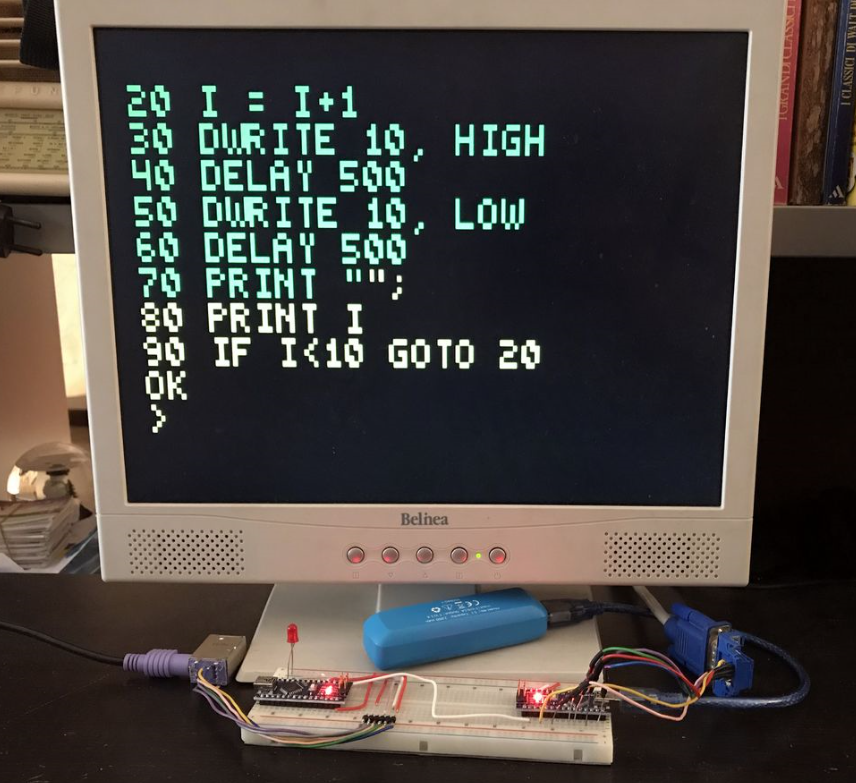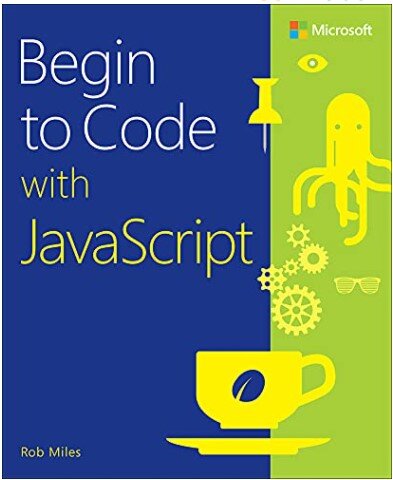Kickstarting Hull's Smart City
/Paul Foster taking networks.
Well, that was fun. And exhausting. We did two Smart City events in one day. The morning event was all about getting people together to build a network, and the afternoon was all about the tech of LoRa.
Both events had awesome attendance, lots of sensible discussion, and we even managed to fit in a bit of planning. As far as I'm concerned, the outcomes are:
- We are going to get Lora gateways to cover the area as a first step towards building the Smart City infrastructure. There are already some commercial/proprietary LoRa gateways opening up in the region which would be a fantastic platform for industry strength applications, but from a community perspective an open one based on The Things Network would make a very good start. If you're not sure what LoRa is, read the attached slide deck....
- We are going to start up a community effort building LoRa network devices. Lots of people seem quite keen on this. Once we've got the bits together we'll set up a happy afternoon where we'll build some network endpoints and get them going. Then we can start looking at using the devices to solve problems.
- We are going to set up a "Smart City Steering Group" to get all the interested parties together, share what we are all doing and try to put together a strategy that will start with LoRa and move on to consider other technologies including how to make some of the data gathered into open data.
If you want to see my slides, which tell you all about LoRa, you can find them here.
I'm really excited about this. I think it could be the start of something not small. If you didn't make the events, but you want to get involved, feel free to contact me directly (put a comment on this post or message me via Twitter or email me or stand on a corner and shout loudly).
















